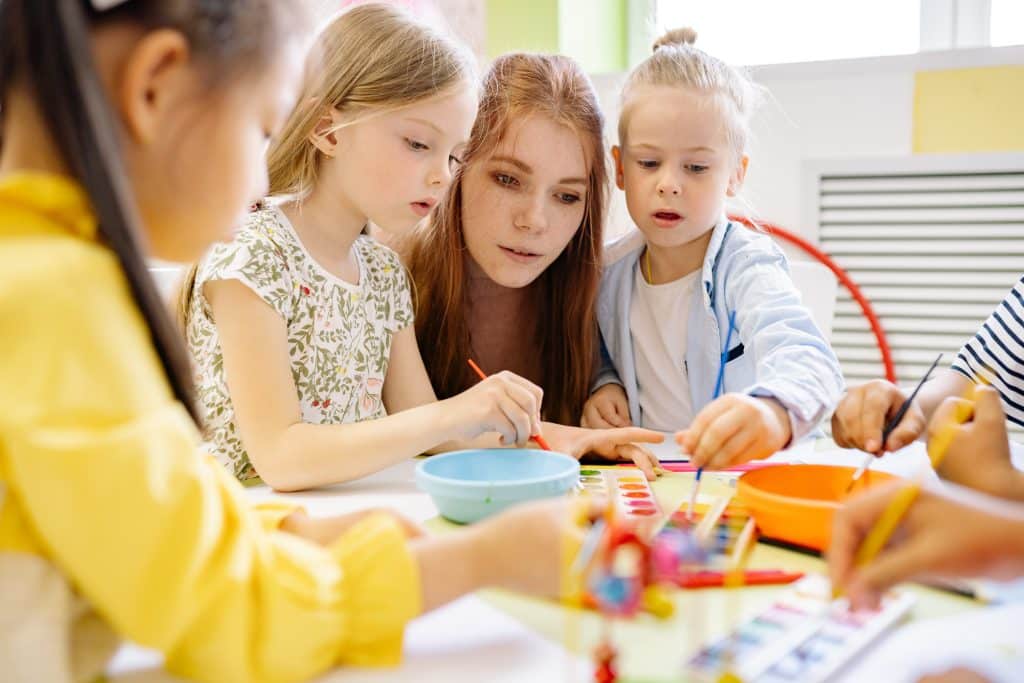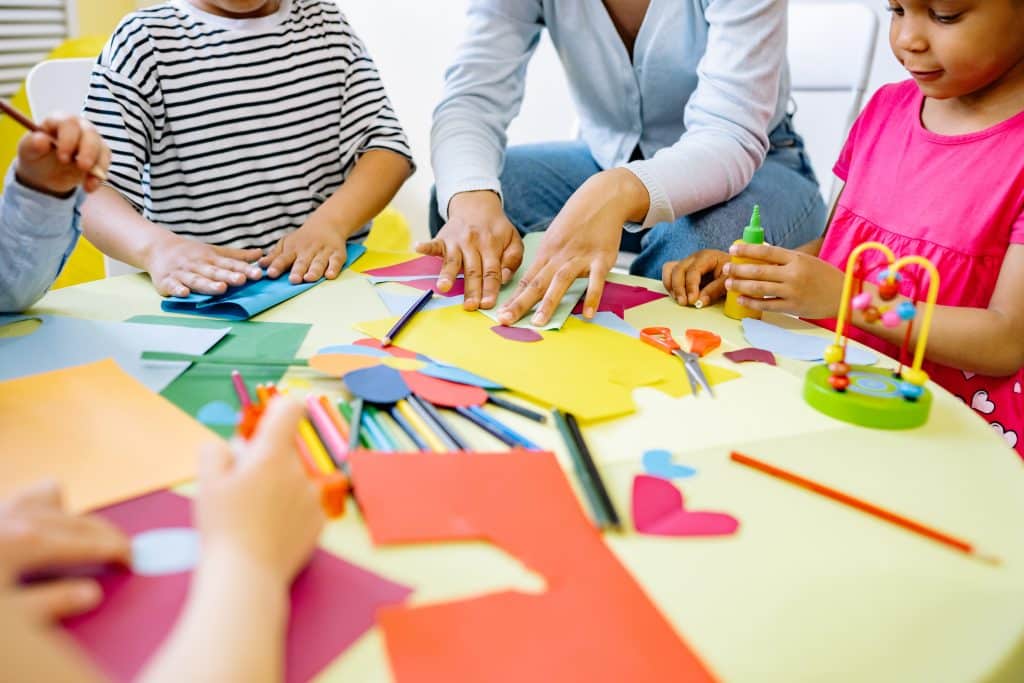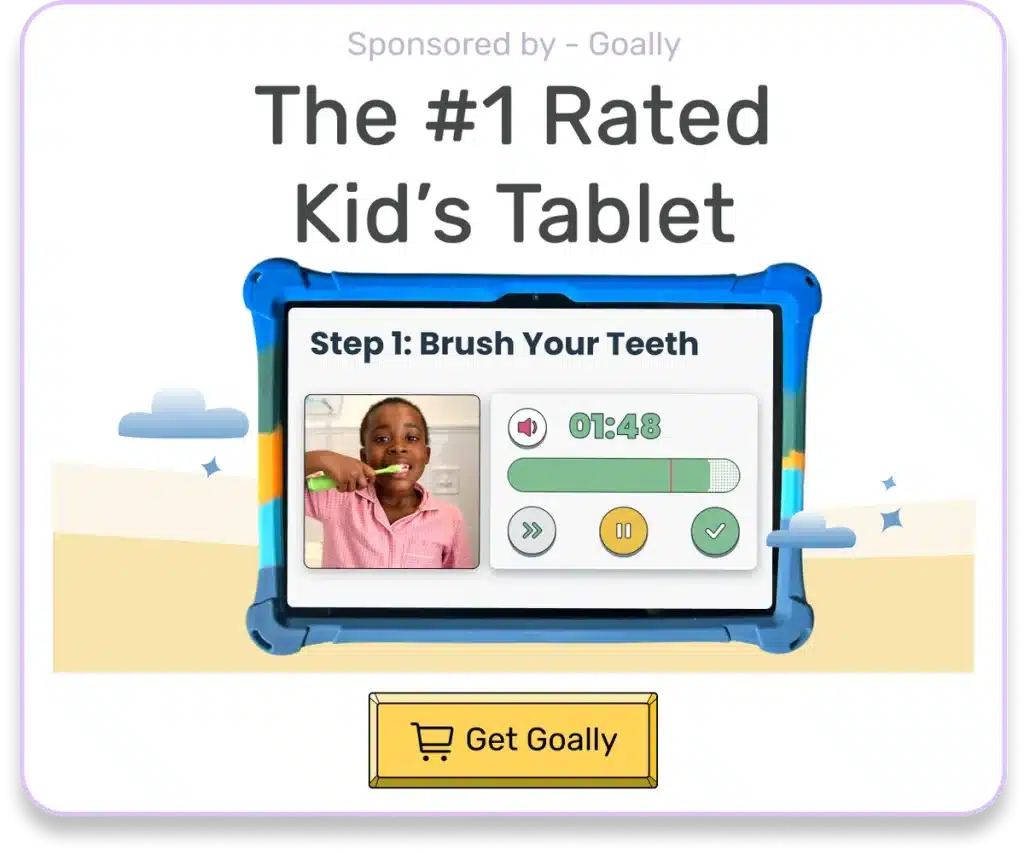As a parent or caregiver of a neurodivergent child, you know that kindergarten is a crucial milestone in their development. With the right strategies in place, your child can thrive in their new environment, even with ADHD. In this blog post, we’ll explore five practical tips to help you manage ADHD in kindergarten, ensuring a smooth and successful transition for your little one. By implementing these strategies, you’ll empower your child to embrace their unique strengths and overcome challenges in the classroom. So let’s dive into these actionable tips and set the stage for a fantastic kindergarten experience!
Table of Contents
1. Establish a Consistent Routine
Creating a consistent routine is essential for kids with ADHD, as it helps them feel secure and understand what to expect. Start by establishing a morning routine that includes a healthy breakfast, getting dressed, and preparing for school. Similarly, create an after-school routine that includes homework, playtime, and relaxation with Goally’s learning tablet.
- Wake-up time
- Breakfast
- Getting dressed
- Preparing for school
- After-school activities
- Homework
- Playtime
- Bedtime
2. Collaborate with Teachers and School Staff
Navigating the world of ADHD kindergarten can feel more than a bit overwhelming at first, but rest assured, working closely with your child’s teachers and school staff will make a world of difference. Keep those communication lines open and don’t be shy to share your little one’s strengths, challenges, and any extra accommodations they might need. By collaborating with the school, you’re helping create a customized, supportive environment that caters to your child’s unique needs. Always remember, you and the school are on the same team – tackling ADHD kindergarten together for the benefit of your child.
Key Points of Collaboration:
- Share your child’s ADHD diagnosis
- Discuss strengths and challenges
- Request necessary accommodations
- Stay updated on your child’s progress

Read more: Free Printable Kindergartener Behavior Charts
3. Break Tasks into Smaller Steps
Breaking tasks into smaller, manageable steps can make it easier for kids with ADHD to stay focused and complete assignments. This approach works both on schoolwork and chores at home. Please encourage your child to take one step at a time and celebrate their achievements along the way. Goally’s apps can help your child break down tasks and stay organized.
Example: Tackling Homework
- Read the instructions
- Gather necessary materials
- Complete one section at a time
- Review and check for errors
- Submit the finished work
Read More: How to Focus on Homework
4. Create a Distraction-Free Environment
Minimizing distractions is essential for kids with ADHD to stay focused and engaged. Work with your child’s teacher to find a suitable seating arrangement in the classroom, away from windows or high-traffic areas. At home, designate a quiet, clutter-free space for homework and study time with the help of Goally’s learning tablet.

Read more: 3 Best Game Apps for Kindergarten
Tips for a Distraction-Free Space:
- Choose a quiet area
- Keep it clutter-free
- Limit access to electronic devices
- Use visual cues or organizers
5. Encourage Physical Activity and Mindfulness
Navigating the world of ADHD kindergarten can be a challenge, but incorporating physical activity and mindfulness practices can truly make a difference for your little one. We know that regular exercise offers a wealth of benefits, such as improved focus, reduced stress, and a much-needed boost to self-esteem. Plus, relaxation exercises (think deep breathing or meditation) can work wonders in helping your child gain self-awareness and emotional regulation skills. So, if you’re a parent looking for ways to support your ADHD kindergarten kiddo, don’t hesitate to encourage active play and practice mindfulness together – you’ll both reap the rewards.
Activities to Try:
- Outdoor play
- Sports or dance classes
- Yoga or stretching
- Deep breathing exercises
- Meditation or guided imagery
Try Goally For Your Child With ADHD
Goally helps kids with ADHD stay focused and build skills. Unlike a Kindle or an iPad that kids get easily distracted on, Goally has no YouTube, no social media, no web browser, and especially no ads.
Goally uses game play as a points-based motivator for your kiddo with ADHD and helps them learn emotional regulation skills. It’s simple to set up and has an expert-informed design.

Final Thoughts: Empowering Your Child in their ADHD Kindergarten Journey
Managing ADHD in kindergarten may seem challenging, but with the right strategies and support, your child can flourish in their new environment. By establishing routines, collaborating with teachers, breaking tasks into smaller steps, creating a distraction-free space, and encouraging physical activity and mindfulness, you’ll provide your kid with the tools they need to succeed. Remember, every child is unique, and their journey will be too. Embrace their individuality and celebrate their accomplishments as you help them navigate the exciting world of kindergarten and beyond with the support of Goally.
This post was originally published on 04/28/2023. It was updated on 10/30/2023

Goally
We help parents teach their kids life skills, like doing bedtime and morning independently. Backed by science, we incorporate evidence-based practices and expert-informed designs in all of our apps and content.







